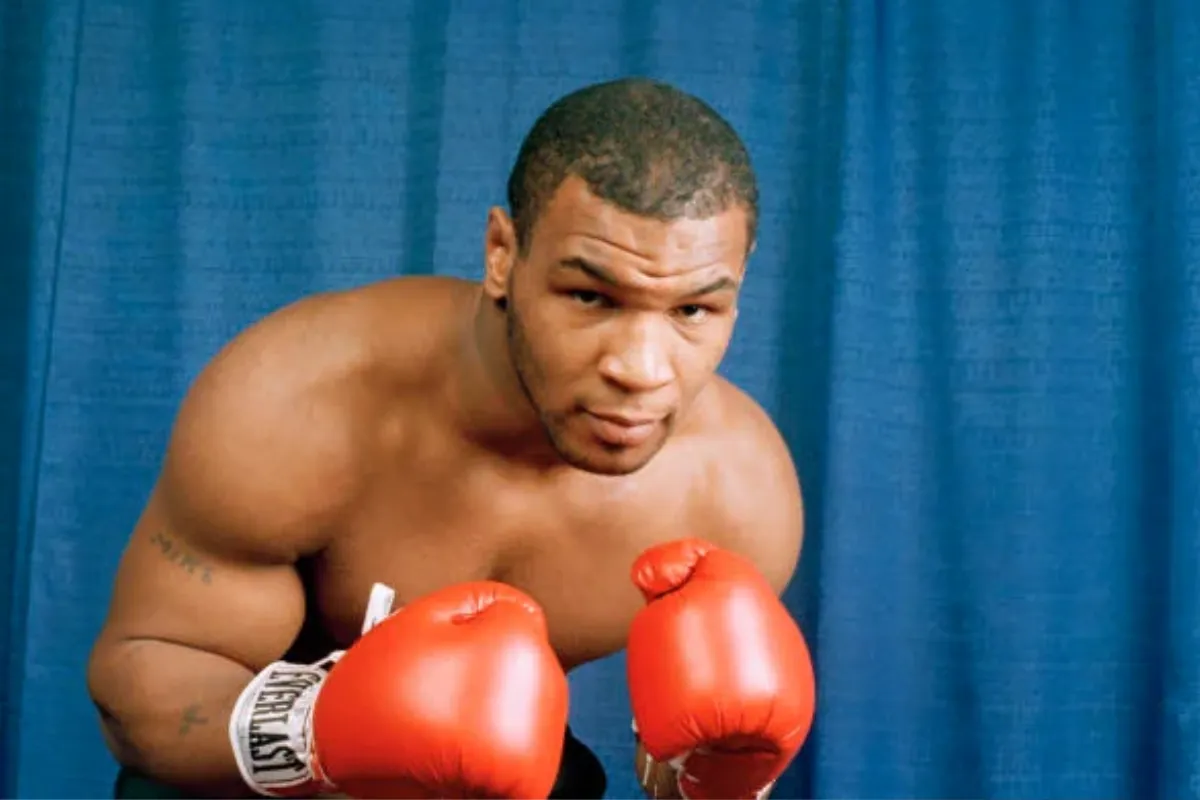Tip: Work on improving your reaction time and decision-making skills to capitalize on openings and create scoring opportunities.
Step 6: Study Your Opponents
To gain a competitive edge in the ring, it’s essential to study your opponents and analyze their strengths and weaknesses.
Watch footage of their past fights, observe their tendencies and habits, and develop a game plan to exploit their vulnerabilities.
By understanding your opponents’ strategies and tendencies, you can anticipate their moves and adapt your own approach accordingly.
Tip: Keep a boxing journal to track your observations and insights about different opponents and review them before each fight.
Step 7: Cultivate Confidence and Resilience
In the unforgiving world of boxing, confidence and resilience are your greatest allies.
Believe in yourself and your abilities, even in the face of setbacks and challenges.
Embrace failure as an opportunity for growth, learn from your mistakes, and bounce back stronger than ever.
Cultivate a mindset of unwavering self-belief and determination, and nothing can stand in your way on the path to boxing greatness.
Tip: Surround yourself with a supportive team of coaches, trainers, and teammates who believe in your potential and encourage you to push past your limits.
Conclusion: Be the Champion You Were Born to Be
With Mike Tyson’s seven-step guide to dominating in the boxing ring, you have everything you need to unleash the fighter within and achieve greatness.
From developing mental toughness to mastering the basics and cultivating confidence, each step will bring you closer to your goals as a boxer.
So, lace up your gloves, step into the ring with courage and conviction, and show the world what you’re made of.
The championship belt is within your reach—now go out there and claim it!
FAQs: Your Boxing Questions Answered
1. How often should I train to become a successful boxer?
To become a successful boxer, consistency is key. Aim to train at least 4-6 days a week, focusing on a combination of skill development, conditioning, and recovery.
2. Are there any age restrictions for learning boxing?
While there are no strict age restrictions for learning boxing, it’s essential to consult with a physician before starting any new exercise program, especially if you have pre-existing medical conditions.
3. How can I prevent injuries while boxing?
To prevent injuries while boxing, prioritize proper technique, warm-up thoroughly before training, wear appropriate protective gear, and listen to your body. If you experience any pain or discomfort, stop training and seek medical attention if necessary.
4. What should I eat before a boxing match or training session?
Before a boxing match or training session, focus on consuming a balanced meal that includes carbohydrates for energy, lean protein for muscle repair and recovery, and healthy fats for sustained energy. Avoid heavy or greasy foods that may cause digestive discomfort.
5. How can I overcome nerves and anxiety before a boxing match?
To overcome nerves and anxiety before a boxing match, focus on deep breathing exercises, visualization techniques, and positive self-talk. Trust in your preparation and remind yourself of your skills and capabilities as a boxer. Additionally, having a pre-fight routine can help you stay calm and focused leading up to the match.

